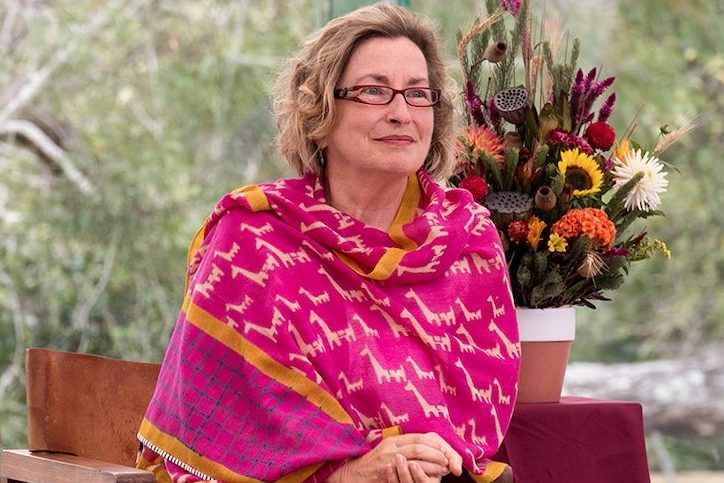
WHEN it was announced recently that NSW south coast arts identity, author and cultural advocate, Sheena Boughen, would become the chair of the Australian String Quartet, eyebrows were raised in some musical circles.
For Boughen, one of the country’s busiest strategists, who has worked with organisations as far apart as the Institute for Sustainable Futures, BHP Billiton, Oxfam and Rio Tinto, lives not in Sydney, Melbourne or even Adelaide, but at Barragga Bay just south of Bermagui.
The region is home to the Easter Four Winds Music Festival, over which she presided as CEO for years, winning the National Arts Leadership Award from Creative Partnerships Australia in 2017 and an Order of Australia medal in 2018 for spearheading its development, which included raising $3 million to create Nature’s Concert Hall on the festival site.
Now a busy cultural tactician who travels the country coaching CEOs, she is adamant a national arts organisation does not have to be based in a big metropolis.
Frankly, she says, she took her time before deciding to take the chair.
“The ASQ has its home at the University of Adelaide and the staff are there, but over the years it’s had board members in every state except for the NT – it’s a national board,” she tells me by phone from the south coast.
The ASQ travels to every state at least twice a year and Boughen is quick to include the ACT as a “state”, noting that there are exceptionally faithful audiences in Canberra.
The 35-year-old quartet is determinedly national and international, with the aim of creating a distinctly Australian character, but she is keen to assert the quality of the arts in the regions too, saying: “Regionally, we have world-class arts events and initiatives equal to any in the world”. Proof? In 2019 at Four Winds, where the ASQ was playing, a Canberra donor saw them and commissioned a new work.
Boughen’s views about the arts, she believes, come from her upbringing, with both her parents performers of classical music in Brisbane.
Her father was the sacred music expert and organist Robert Boughen and her mother, Christina Urquhart Boughen, was the pianist who curated the City of Brisbane Civic Concerts Program for 25 years. The State Library of Queensland has recently taken their joint archives, a huge musical collection.
“Bless my parents,” she says. “I grew up with the belief that it was essential to find beauty in music and education… I want to interest people, to produce a change.”
A great believer in the unity of Australians within the wider social diversity of our country, she is attracted to the ASQ’s decision to choose more and more to perform in intimate small places, as it did on Kangaroo Island after the bushfires, “simply because the community was in need of something… people saw that if they brought in small groups for a concert, they could also play in schools or bookshops, in an adaptable way that could become suitable for all Australians”.
The ASQ has a small staff but an extensive band of supporters and Canberra-trained violinist Stephen King is now in charge of digital engagement and learning as part of a plan to lift the profile of the quartet.
Earlier in the year, she notes, King staged a VR concert, “Square Circles”, with didgeridoo legend William Barton joining the ASQ musicians.
“In the future, we’re going to see digital engagement in learning and language other than a concert, which if done in different ways will excite people… we are also looking for ways to collaborate,” she says.
After prevaricating, Boughen decided she really did want to lead an organisation that engaged in challenges while commanding intense loyalty.
“People are already buying tickets for the ASQ in Perth,” she says.
“There’s something about this small group who use the word ‘engagement’ a lot, but make it true by engaging with the audiences after concerts by having a drink and a conversation.”
Although still busy with her own paid work, she plans to get to SA as often as possible. She met all the other board members several months ago and hopes to be with the quartet each month on the road to meet audiences.
“I really believe in the power of communication with people. I really feel we have to go out and explore,” she says.
“What we experience should be a model, instead of every minute talking about funding.
“I enjoy talking to audiences – to underplay audiences is madness.”
Who can be trusted?
In a world of spin and confusion, there’s never been a more important time to support independent journalism in Canberra.
If you trust our work online and want to enforce the power of independent voices, I invite you to make a small contribution.
Every dollar of support is invested back into our journalism to help keep citynews.com.au strong and free.
Thank you,
Ian Meikle, editor
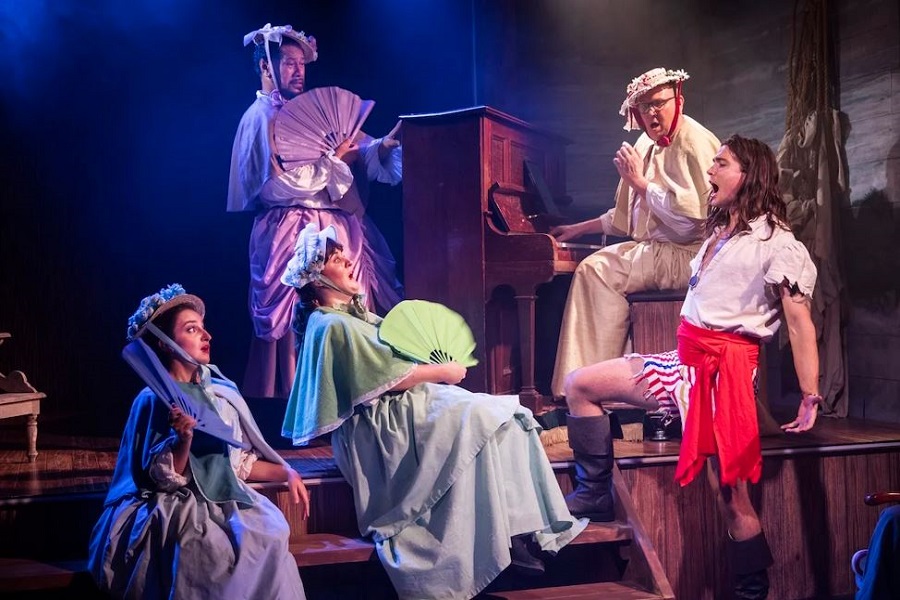
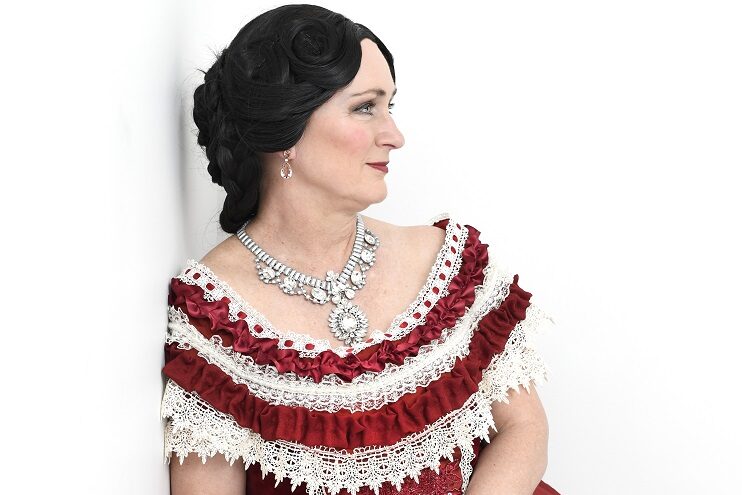
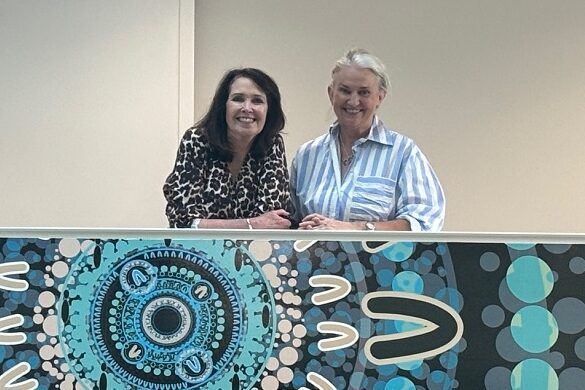
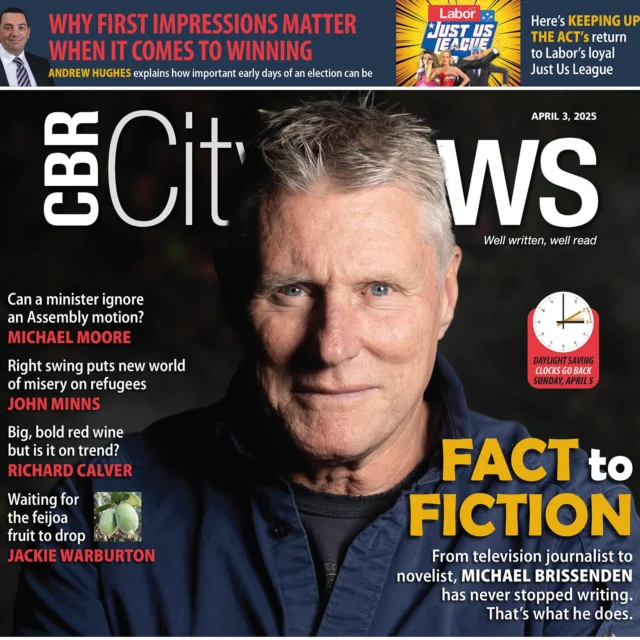
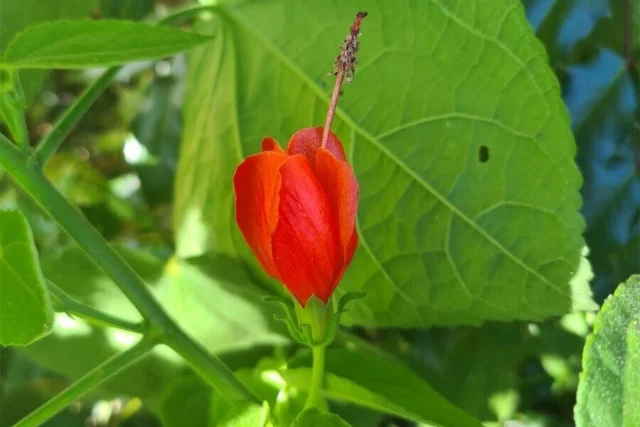
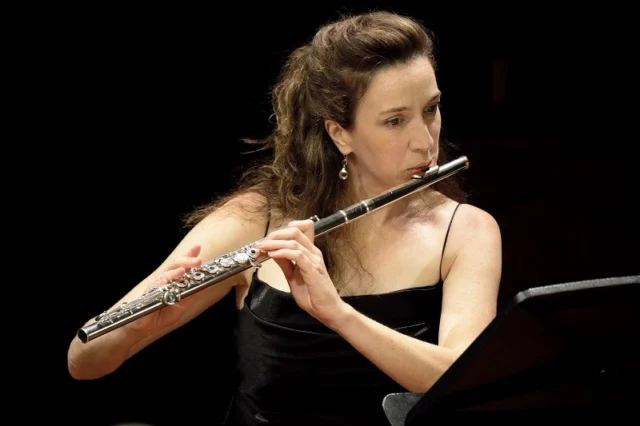
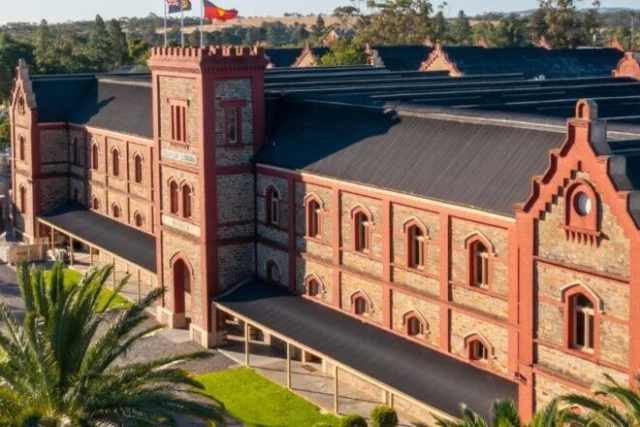
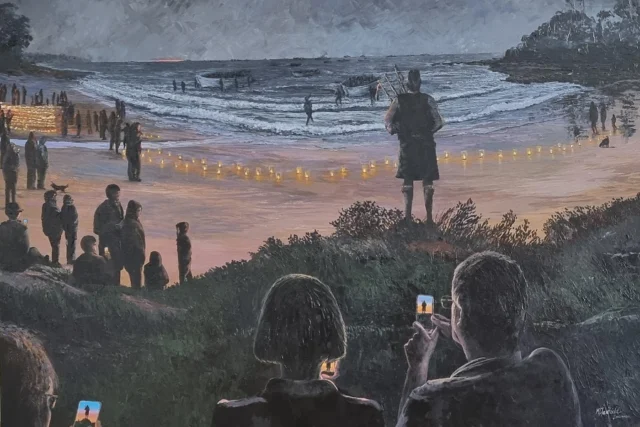
Leave a Reply